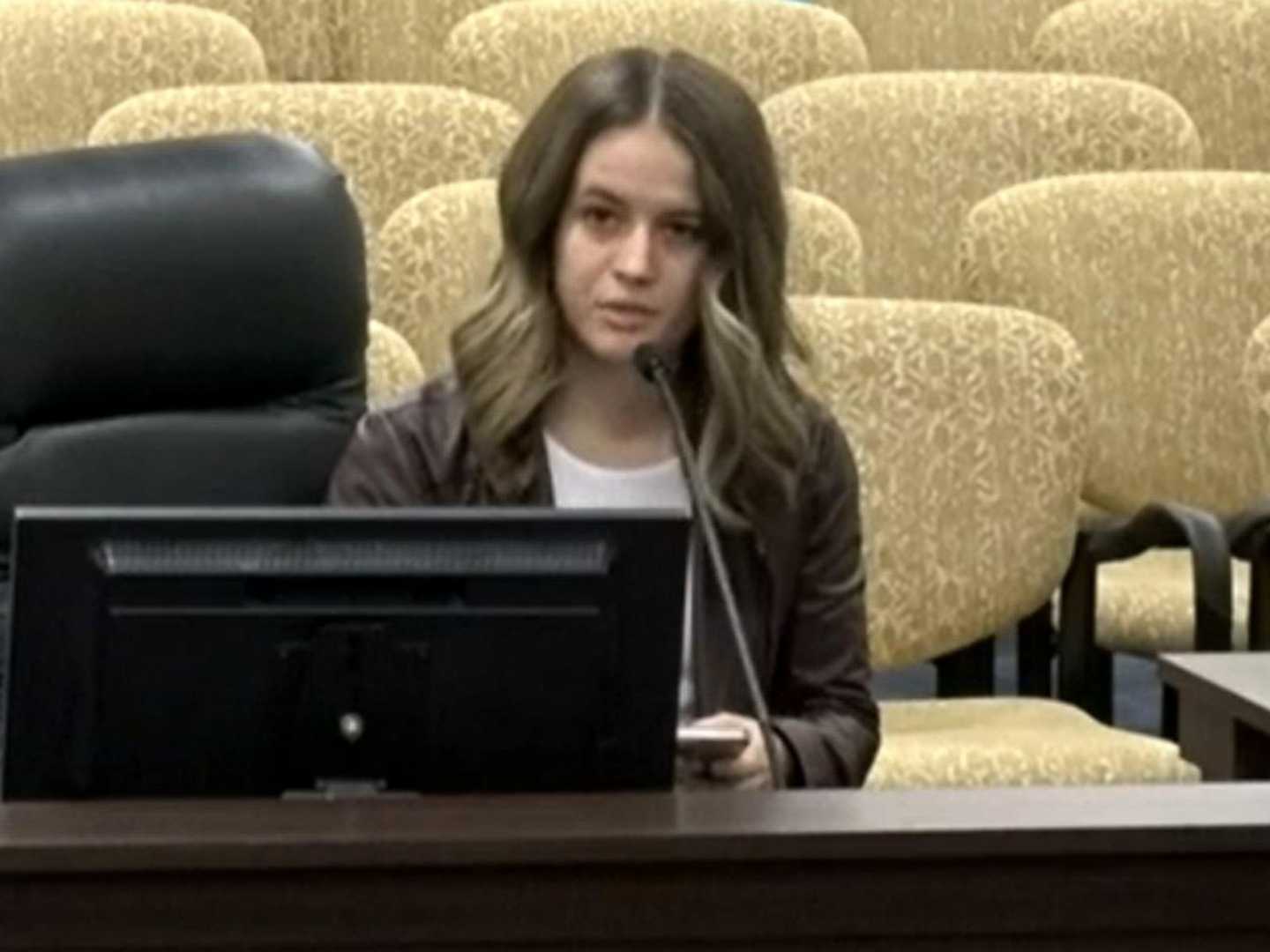News
Shari Franke Advocates for Child Influencer Protections in Utah

In a significant development regarding the protection of children in digital spaces, Shari Franke, known for her role in the once-popular YouTube channel “8 Passengers,” testified before Utah lawmakers advocating for laws to protect child influencers. Her testimony on Wednesday highlighted the potential harms faced by children exposed to the world of online fame through family vlogs.
Shari Franke, 21, addressed the Business and Labor Interim Committee, expressing concerns over the lack of legal safeguards for children involved in monetized online content. “There is never ever a good reason for posting your children online for money or fame,” Franke stated, underlining the emotional and ethical challenges child influencers endure.
The context of her plea is significant, as her mother, Ruby Franke, was previously arrested on charges of child abuse. Ruby Franke, a noted family vlogger, was sentenced to several years in prison following a conviction of multiple child abuse counts. Shari Franke, though distancing herself from the specifics of her mother’s criminal actions, emphasized her experience as a “victim of family vlogging.”
As digital platforms increasingly feature minors, several U.S. states, including California, New York, and Illinois, have enacted laws to provide financial and privacy protections for child influencers. Shari Franke urged Utah lawmakers to take similar legislative action, especially given Utah’s prominence as a hub for family and “mommy” vloggers, influenced by the state’s cultural and religious dynamics.
During the session, Franke revealed that children in family vlogs often function as full-time unpaid contributors under the guise of familial activities. She recounted receiving “bribes” in the form of money or goods in exchange for participating in embarrassing or private recordings. There is, she contended, an absence of laws ensuring that children are fairly compensated for their labor and public exposure.
Highlighting the broader issue, Franke said, “When children become stars in their family’s online content, they become child influencers. It is more than just filming your family life and putting it online. It is a full-time job.” She likened her past experiences to having Stockholm syndrome, where children believe they have control over content shared online.
Shari Franke’s testimony aligns with ongoing efforts by Rep. Doug Owens, D-Millcreek, who is spearheading initiatives to enshrine protections for child actors and influencers in state law. Owens proposes financial safeguards, such as requiring parents to place a portion of earnings in trust for the participating children, ensuring their financial welfare upon reaching adulthood.
“We can’t intrude too much on family life,” Owens stated, advocating a more balanced approach. “What we can do is protect the kid financially so that if they’re making a lot of money for the family, they should participate in that, and the parents should put that money in a trust for them.”
Despite the compelling testimony, the committee adjourned the session due to time constraints, postponing parts of the discussion to future meetings. Franke’s statement marks a notable step towards addressing the implications of child participation in family vlogs, as she expressed, “If I could go back and do it all again, I’d rather have an empty bank account now and not have my childhood plastered all over the internet.” The debate concerning the rights and protections of child influencers remains ongoing, with further legislative discussions anticipated.












